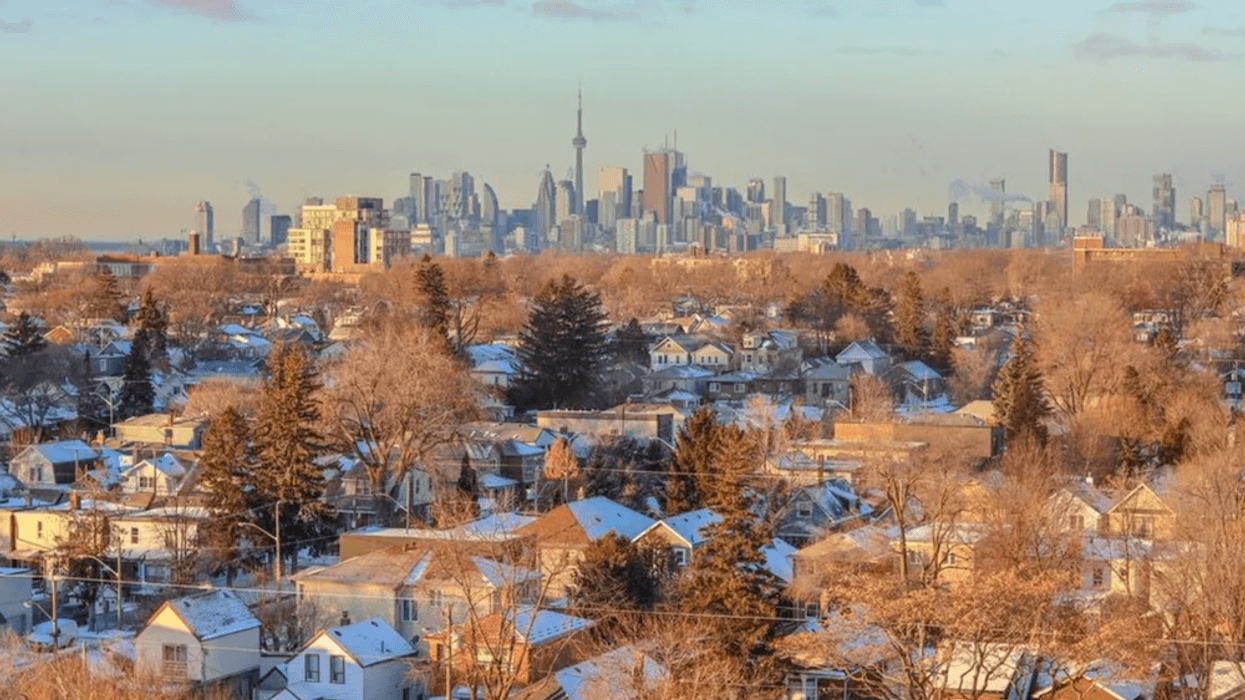Capital Appreciation
Explore what capital appreciation means in Canadian real estate, what drives it, and how it affects investment strategy and long-term financial planning.
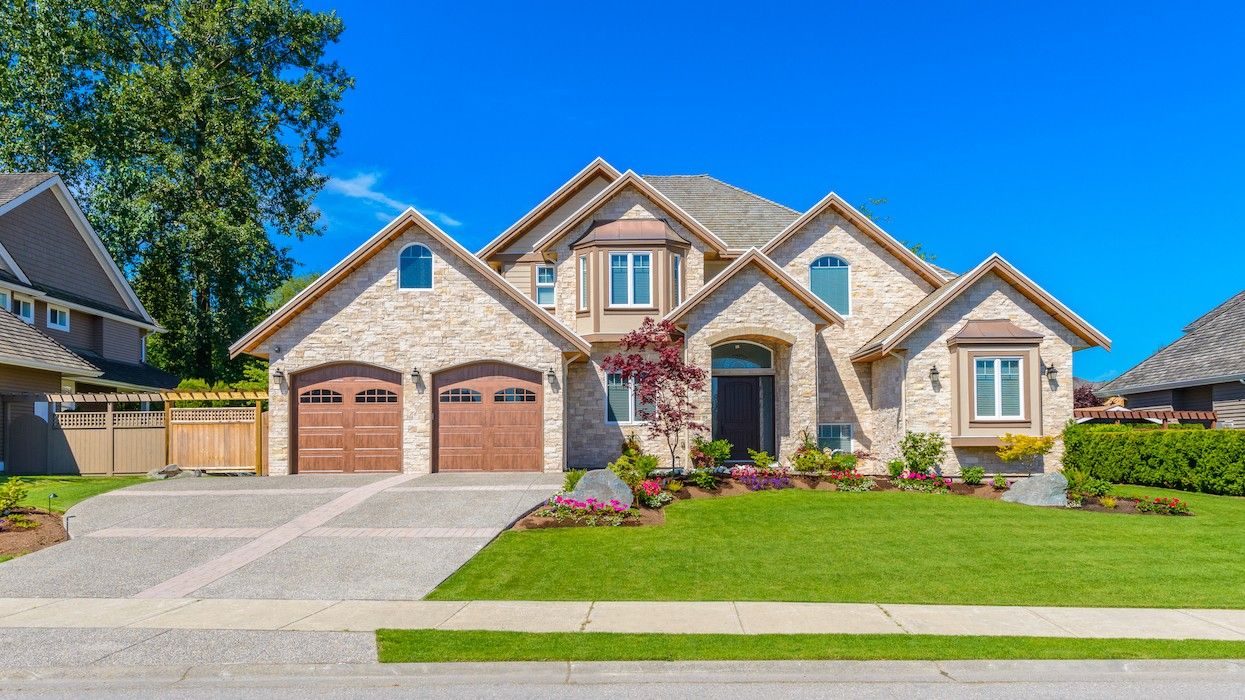
May 22, 2025
What is Capital Appreciation?
Capital appreciation is the increase in the market value of a property over time, representing the unrealized gain until the asset is sold.
Why Capital Appreciation Matters in Real Estate
In Canadian real estate, capital appreciation plays a central role in wealth creation for both homeowners and investors. It represents the growth in equity that occurs when a property increases in value from the purchase price to its current or eventual selling price.Unlike rental income, capital appreciation is realized only upon the sale of the property. For example, a home bought for $400,000 and sold later for $550,000 has generated $150,000 in capital appreciation.
Factors influencing capital appreciation include:
- Location and neighbourhood development
- Interest rates and lending policies
- Market cycles and economic growth
- Renovations and property upgrades
Investors often seek properties in areas poised for growth to maximize long-term appreciation potential, making this metric a key factor in real estate strategy.
Example of Capital Appreciation
An investor purchases a duplex in Calgary for $450,000. Ten years later, the property is worth $675,000, resulting in $225,000 in capital appreciation.
Key Takeaways
- Refers to the increase in a property’s value over time.
- Realized when the property is sold.
- Driven by market trends, upgrades, and location.
- Can significantly grow wealth and equity.
- May be subject to capital gains tax if not a principal residence.
Related Terms
- Appreciation Rate
- Market Value
- Equity
- Capital Gains Tax
- Real Estate Investment

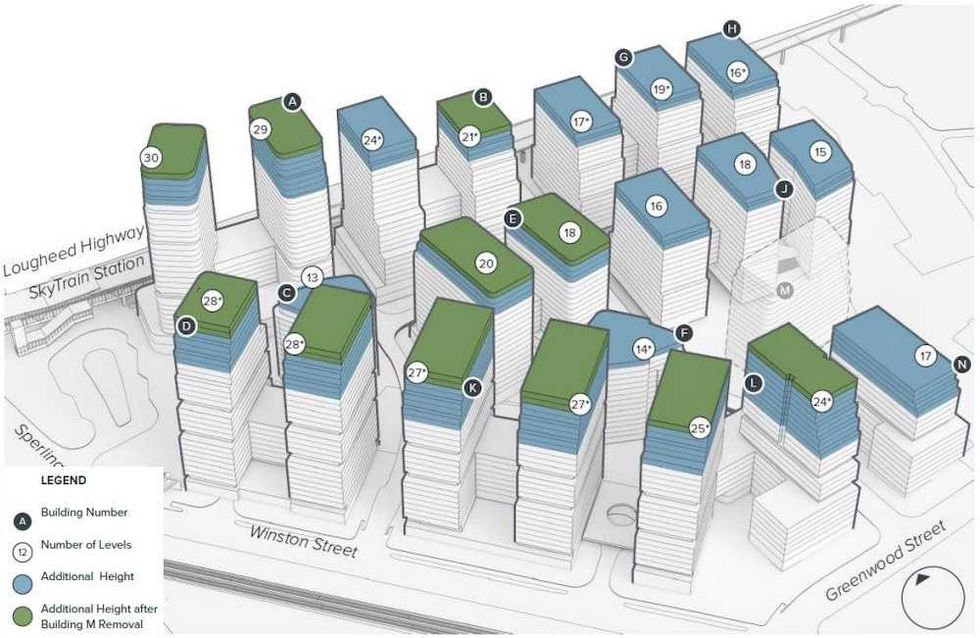 Building height changes from the previous master plan apllcation. (Peterson)
Building height changes from the previous master plan apllcation. (Peterson)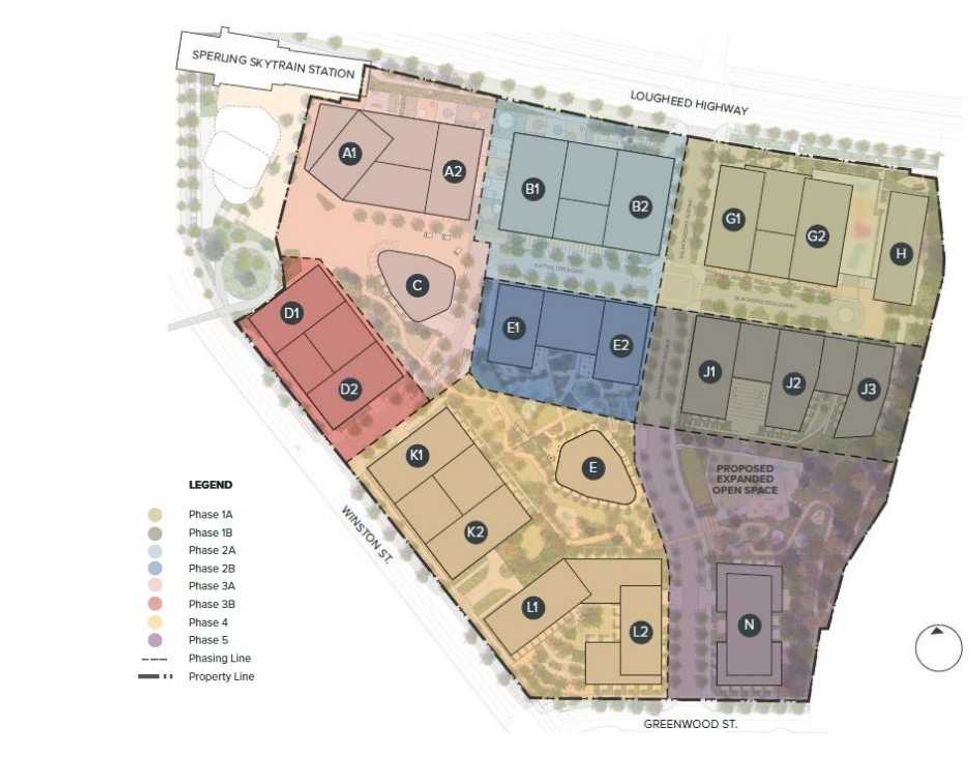 An overview of Blake Village and the phasing plan. (Peterson)
An overview of Blake Village and the phasing plan. (Peterson)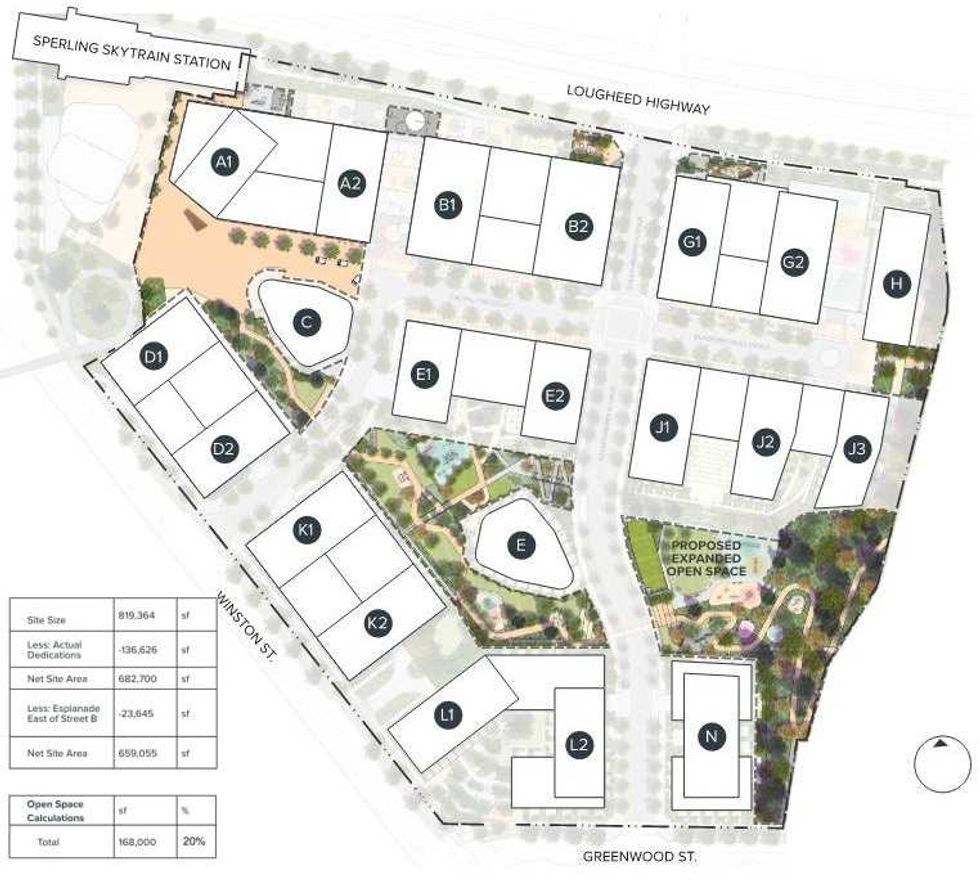 An overview of Blake Village and planned open space. (Peterson)
An overview of Blake Village and planned open space. (Peterson)


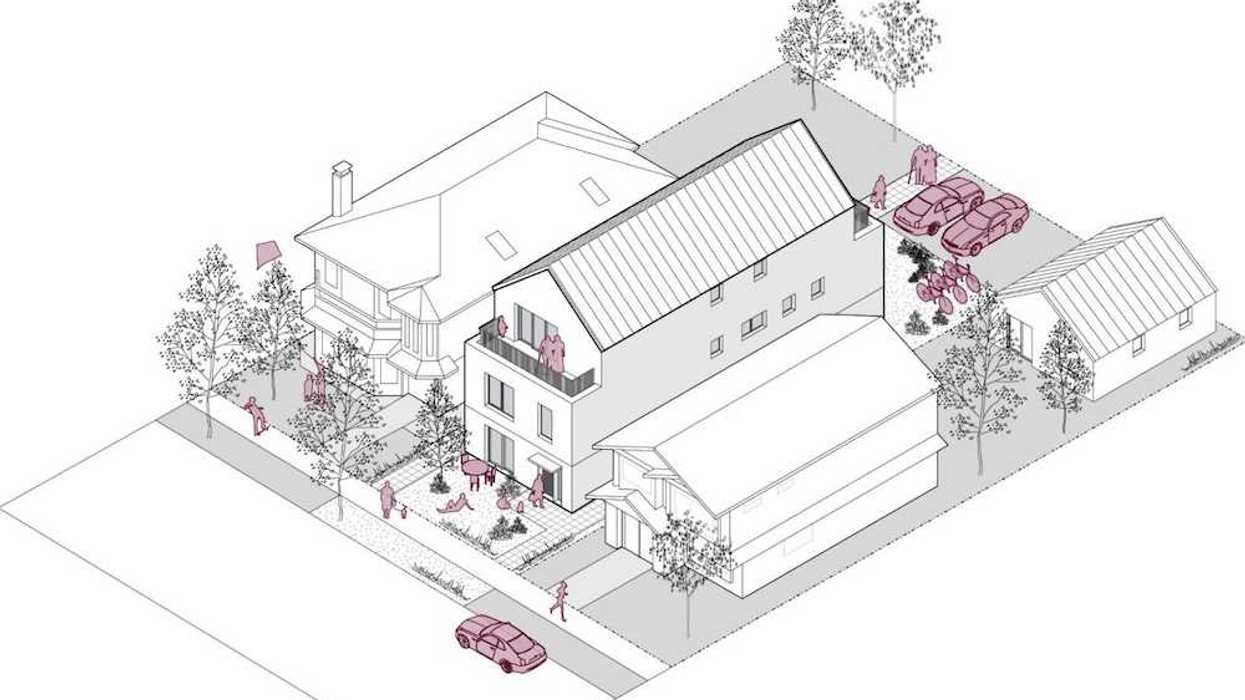
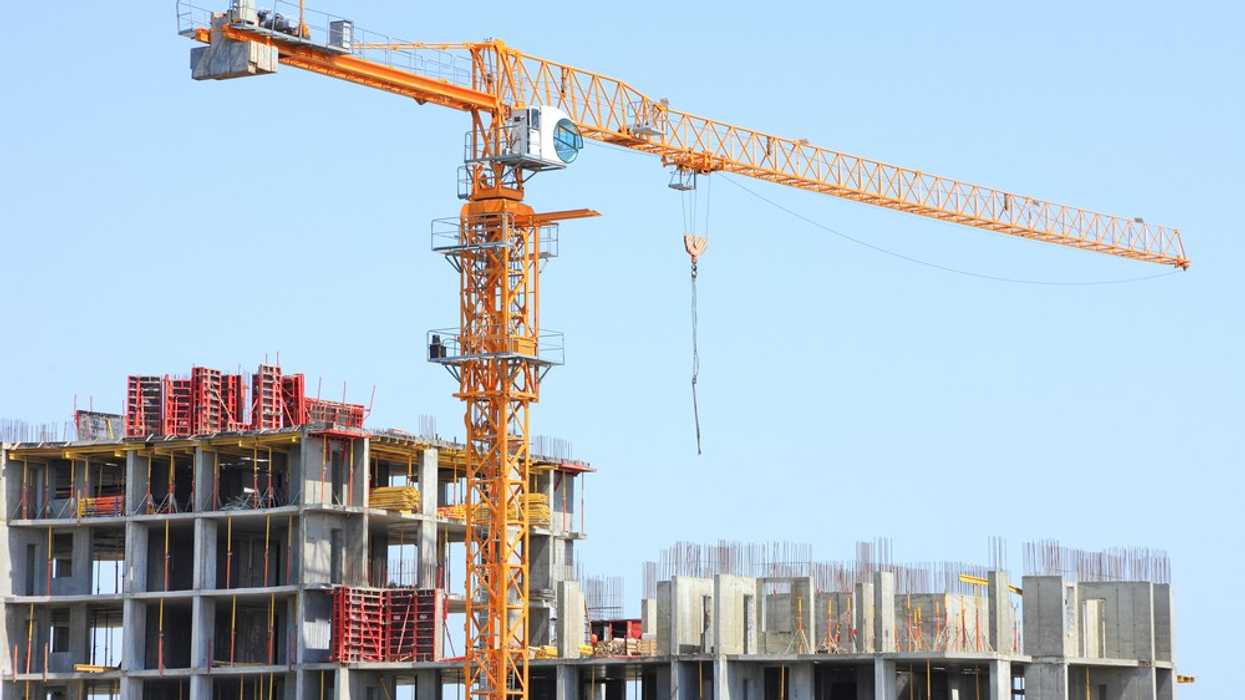



 Eric Lombardi at an event for Build Toronto, which is the first municipal project of Build Canada. Lombardi became chair of Build Toronto in September 2025.
Eric Lombardi at an event for Build Toronto, which is the first municipal project of Build Canada. Lombardi became chair of Build Toronto in September 2025.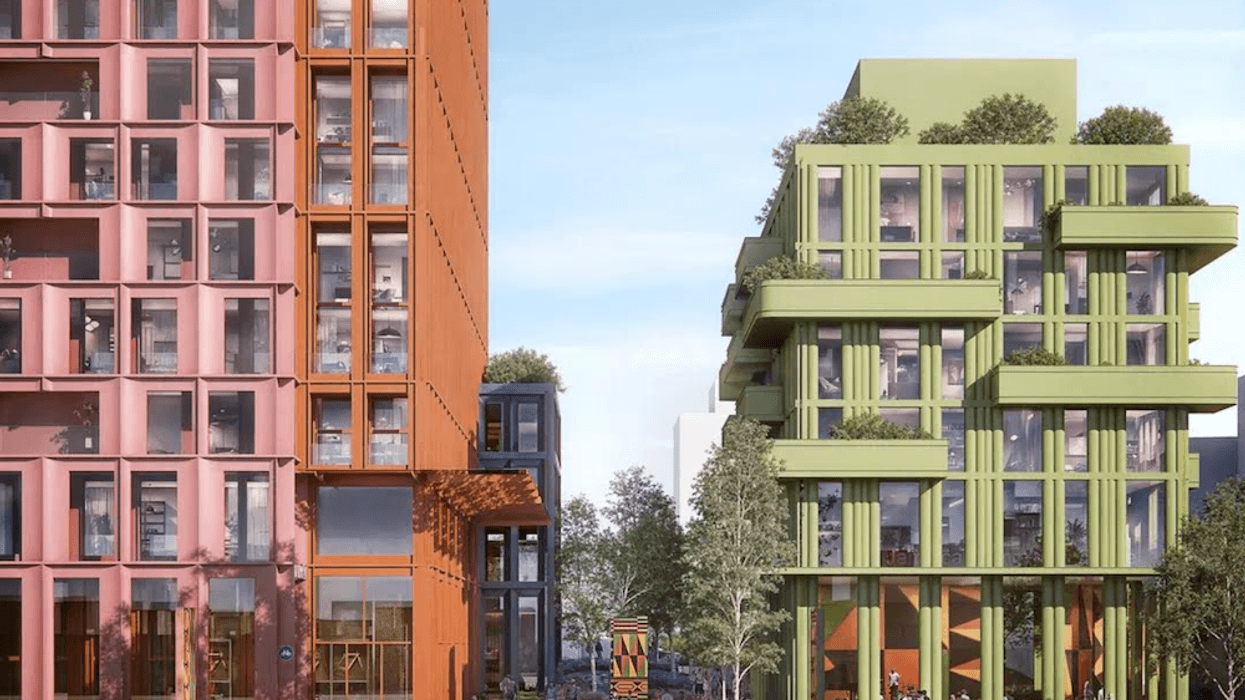
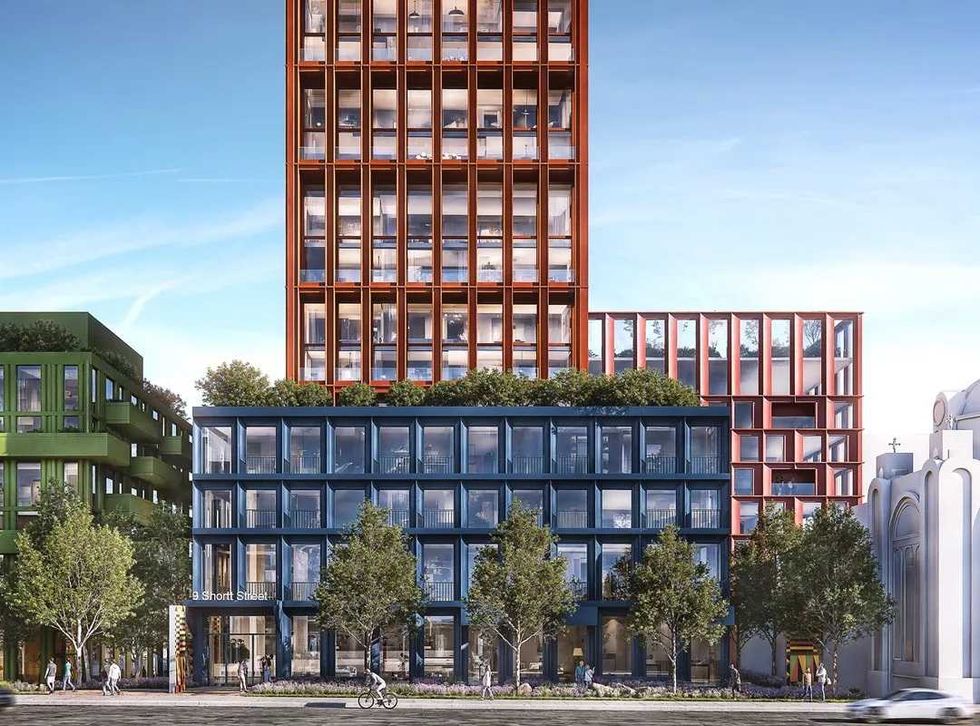 Rendering of 9 Shortt Street/CreateTO, Montgomery Sisam
Rendering of 9 Shortt Street/CreateTO, Montgomery Sisam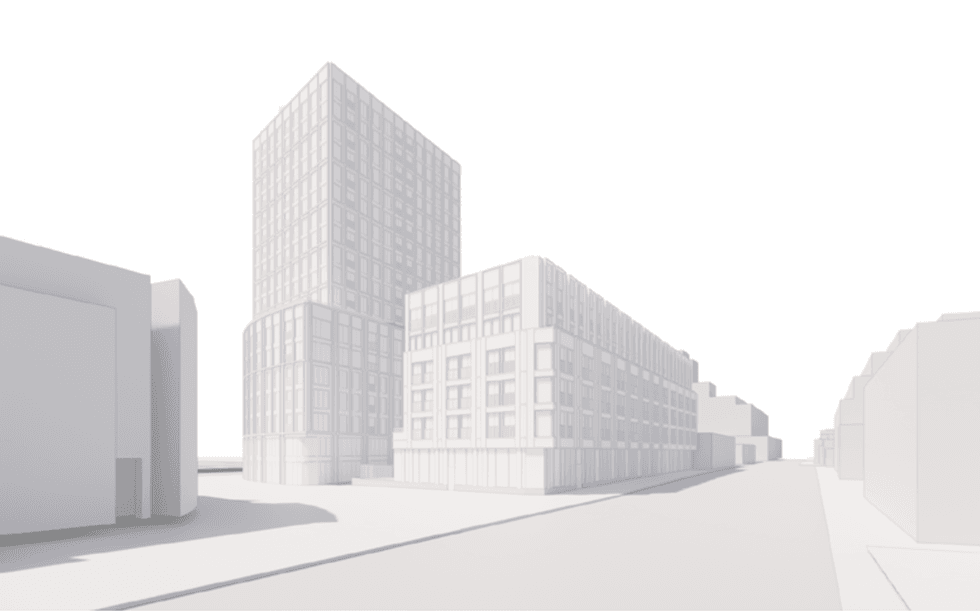 Rendering of 1631 Queen Street/CreateTO, SVN Architects & Planners, Two Row Architect
Rendering of 1631 Queen Street/CreateTO, SVN Architects & Planners, Two Row Architect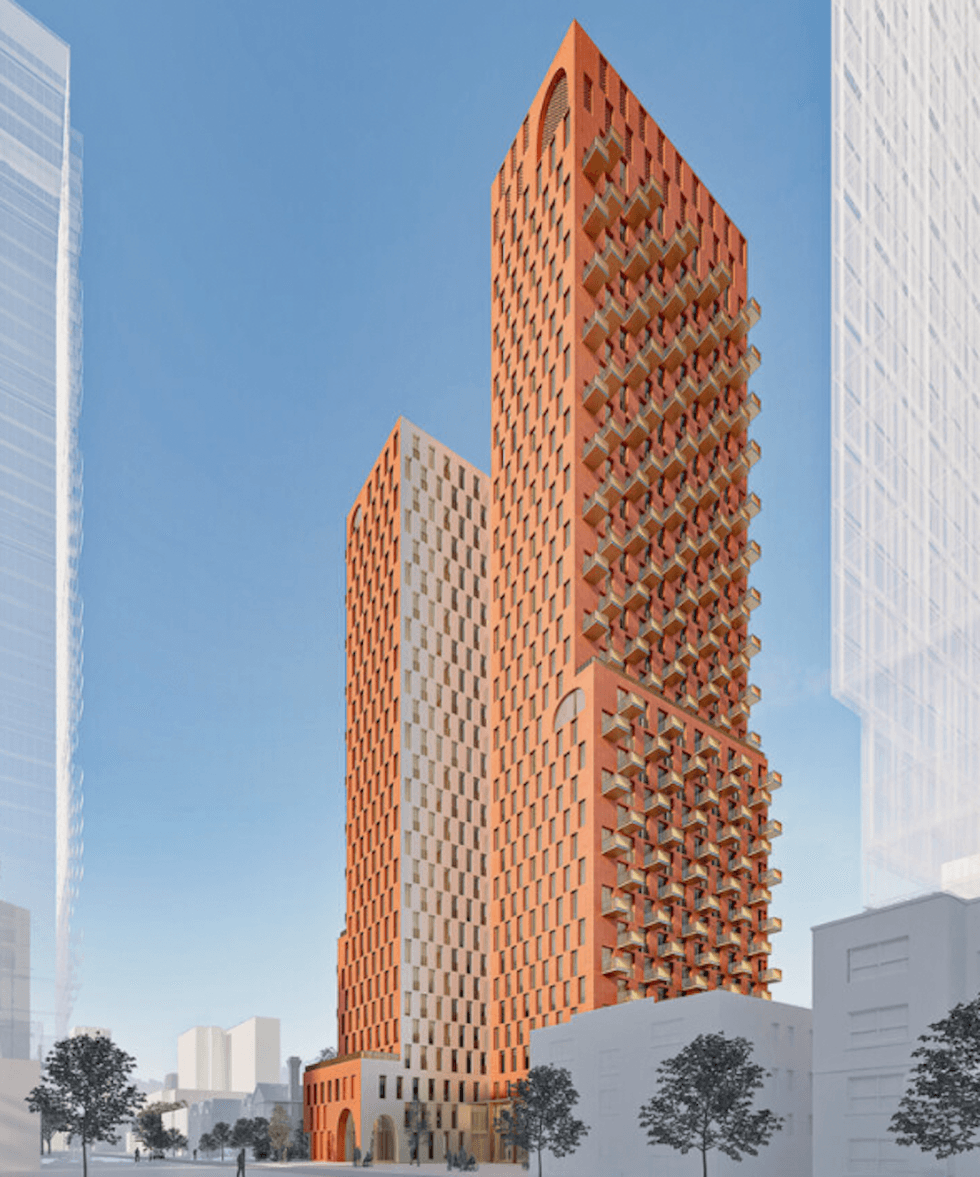 Rendering of 405 Sherbourne Street/Toronto Community Housing, Alison Brooks Architects, architectsAlliance
Rendering of 405 Sherbourne Street/Toronto Community Housing, Alison Brooks Architects, architectsAlliance


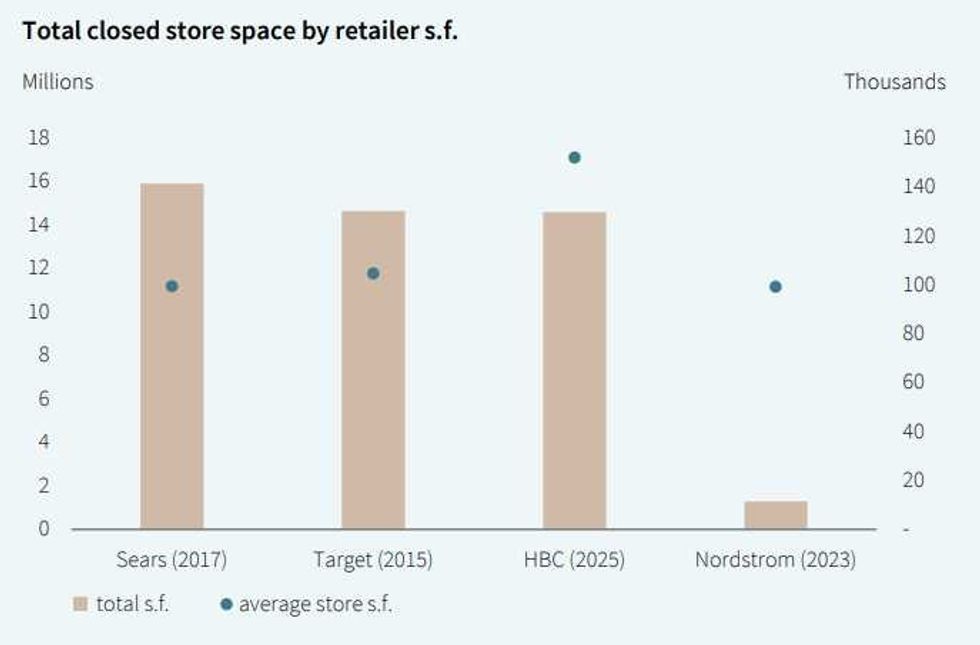 Hudson’s Bay vacated about as much space as Target did in 2015. (JLL)
Hudson’s Bay vacated about as much space as Target did in 2015. (JLL)